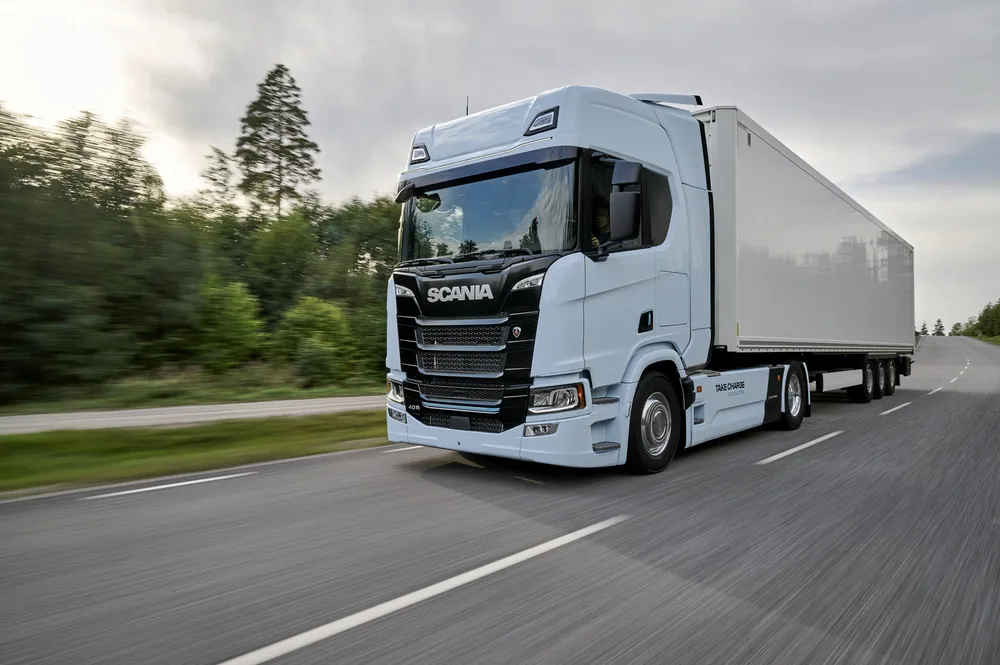'Our heavy-duty trucks will be manufactured almost entirely from H2-based steel by 2030': Scania
Deliveries of hydrogen-derived steel from SSAB using Hybrit technology to start in 2026

Deliveries of hydrogen-derived steel from SSAB using Hybrit technology to start in 2026
